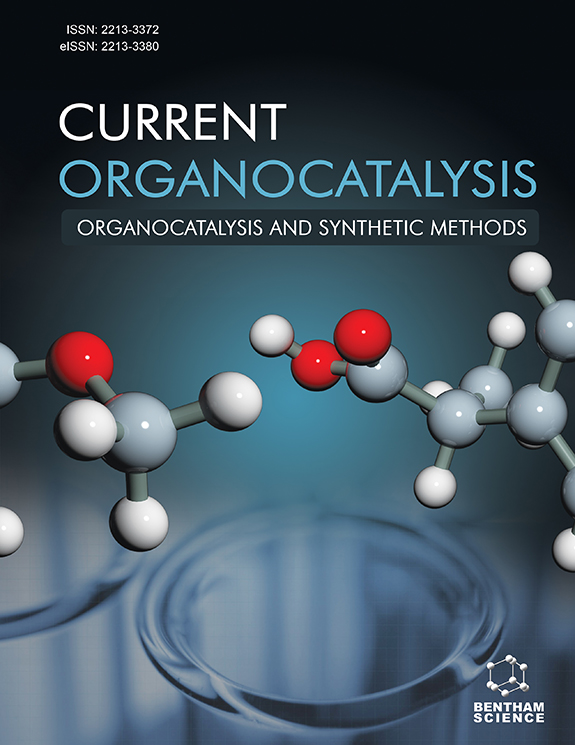Submission Tilte
Organocatalysis: Modern Strategies for Sustainable and Selective Synthesis
Submission Abstract:
Organocatalysis has matured into a foundational domain of contemporary synthetic chemistry, enabling highly selective transformations under mild and often metal-free conditions. Beyond its classical strengths in stereoselective carbon-carbon and carbon-heteroatom bond formation, the field is currently witnessing a major expansion into photochemical and electrochemical manifolds, cooperative catalytic regimes, and mechanism-guided catalyst design. These advances are increasingly aligned with green chemistry priorities-reduced reliance on transition metals, improved atom economy, lower energy demand, and compatibility with benign solvents and operationally simple conditions. Given the breadth and momentum of current research activity, a focused Special Issue on organocatalysis is timely and would provide the readers with an authoritative and forward-looking collection of contributions spanning fundamental developments, mechanistic understanding, and translational applications.




